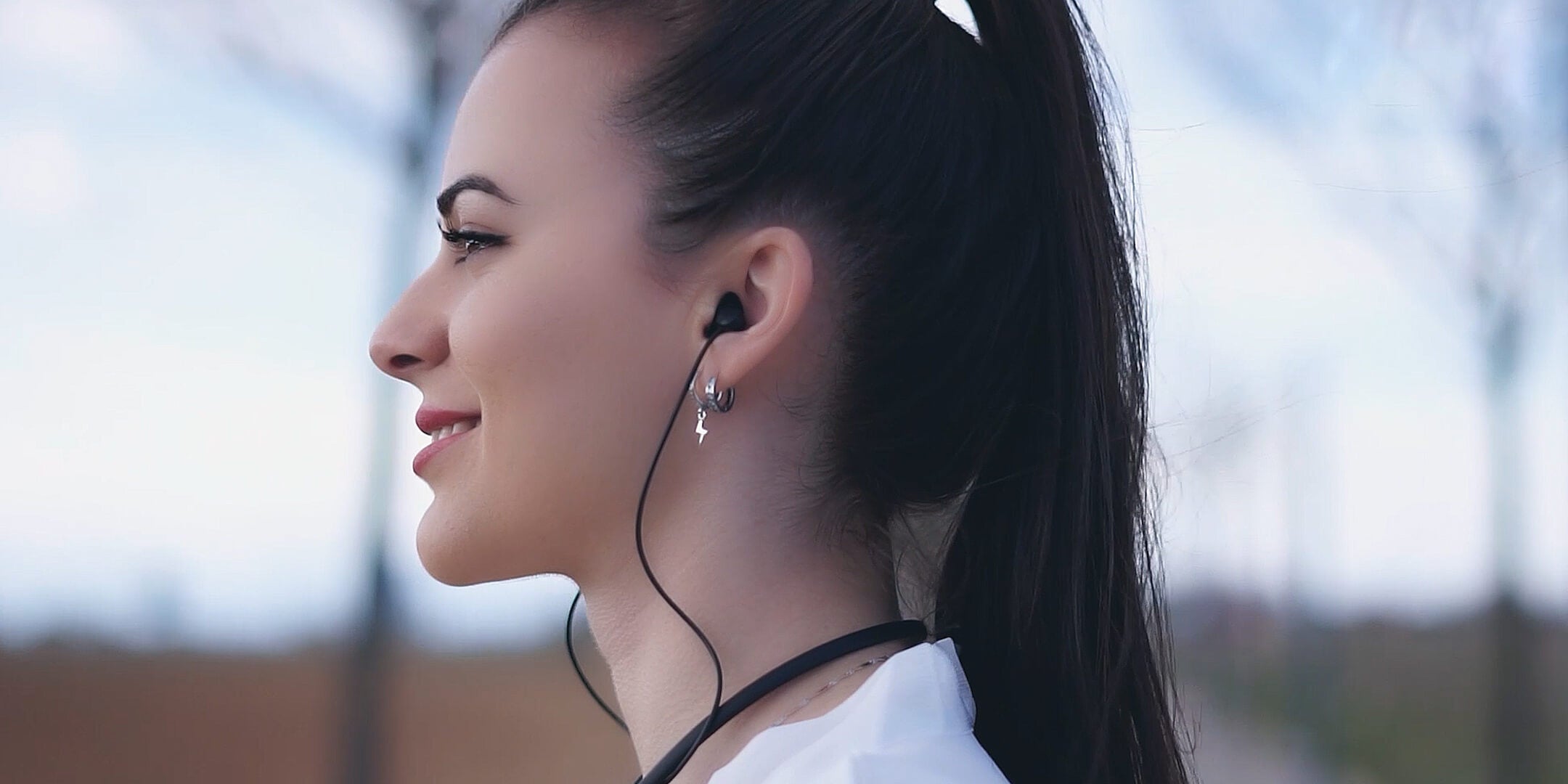<!DOCTYPE html>
Ear Plugs
When it comes to preserving our hearing, ear plugs play a crucial role. Whether you are exposed to loud noises at work, attending a concert, or simply trying to get a good night's sleep, using ear plugs can significantly reduce the risk of hearing damage. In this article, we will explore the importance of ear plugs in protecting your hearing and provide valuable insights into their usage.

The Science Behind Hearing Damage
Before we delve into the significance of ear plugs, it's essential to understand how our ears are susceptible to damage. The human ear is a delicate organ that can be easily harmed by prolonged exposure to loud sounds. The inner ear contains tiny hair cells that convert sound waves into electrical signals, which are then sent to the brain for interpretation. When exposed to excessive noise, these hair cells can become damaged or even die, leading to permanent hearing loss.
The Importance of Ear Plugs in Various Settings
1. Workplace Safety:
Many occupations involve exposure to high levels of noise, such as construction sites, factories, and airports. In these environments, ear plugs are essential for protecting workers' hearing. By wearing ear plugs, employees can significantly reduce their risk of developing noise-induced hearing loss. Employers should prioritize providing and promoting the use of ear plugs to ensure the well-being of their workforce.
2. Recreational Activities:
Attending concerts, sporting events, or even using power tools at home can expose us to harmful noise levels. Ear plugs are a practical solution to enjoy these activities without compromising our hearing. Musicians, for example, are often exposed to loud music during performances, and wearing ear plugs can help prevent long-term damage to their hearing abilities.
3. Traveling:
Airplanes, trains, and other modes of transportation can generate significant noise levels, especially during takeoff and landing. Frequent travelers should consider using ear plugs to minimize the impact of these loud noises on their ears. Additionally, ear plugs can be beneficial for light sleepers who want to block out noise disturbances in hotels or other accommodations.
Choosing the Right Ear Plugs
Not all ear plugs are created equal, and finding the right ones for your needs is crucial. There are various types of ear plugs available, including foam, silicone, and custom-molded options. Foam ear plugs, for instance, are affordable and provide excellent noise reduction. Silicone ear plugs are reusable and offer a comfortable fit. Custom-molded ear plugs, although more expensive, provide the best fit and highest level of protection.
When selecting ear plugs, it's important to consider factors such as noise reduction rating (NRR), comfort, and ease of use. Experimenting with different types and brands can help you find the perfect fit for your ears and lifestyle.
Conclusion
The importance of ear plugs in protecting your hearing cannot be overstated. Whether in the workplace, during recreational activities, or while traveling, using ear plugs is a simple yet effective way to safeguard your hearing. By understanding the science behind hearing damage and choosing the right ear plugs for your needs, you can enjoy a world of sound without compromising your auditory health.